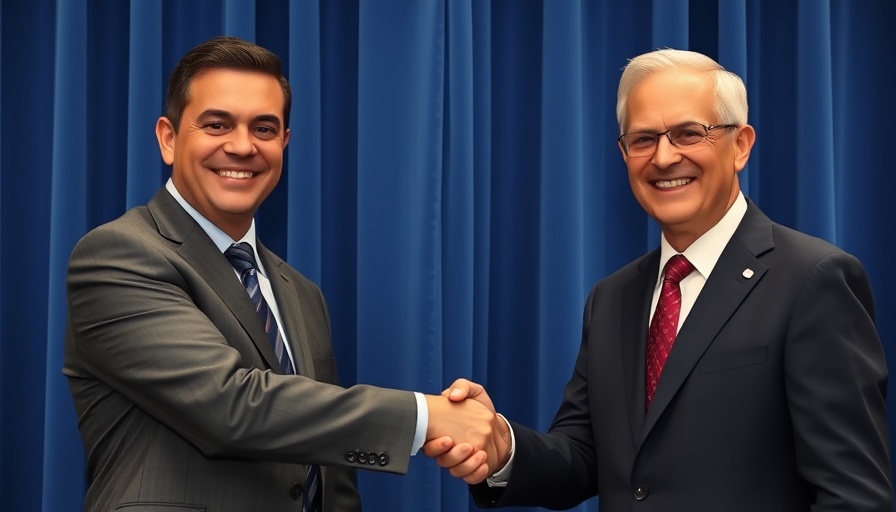
China's Growing Influence in the Caribbean
In recent years, China's rapport with the Caribbean islands has blossomed into a significant partnership characterized by mutual benefits. Despite apprehensions voiced by U.S. officials such as Secretary of State Marco Rubio regarding China's expanding presence, many Caribbean leaders perceive their engagements with China as a pathway towards economic growth rather than a risk of neocolonialism. Ambassador Yan Jiarong categorically stated that China's aim is to build trustworthy relationships and provide aid without coercion, depicting their approach as one of partnership rather than domination.
Empowering Caribbean Economies
China's investment strategy in the Caribbean demonstrates tangible benefits for local economies. Trade between China and the Latin America and Caribbean (LAC) regions surged to approximately $518 billion in 2024, showcasing a 40-fold increase since the century began. Investments in infrastructure and healthcare—most notably a $300 million loan for a state hospital in The Bahamas—underscore China's commitment to developmental assistance in these territories. Such developments move beyond mere economic rhetoric and showcase substantial infrastructural commitments that can improve living standards in local communities.
Healthcare Support During Crises
China’s willingness to support Caribbean nations during crises, such as providing over 300 million doses of COVID-19 vaccines, reinforces the idea of China as a reliable ally. In contrast, as Rubio cautioned against potential risks from increased Chinese influence, many Caribbean leaders respond with confidence in their autonomy to foster beneficial partnerships as they navigate their roles amidst global power dynamics.
Choosing Partners Wisely
As highlighted by both leaders and observers, the Caribbean nations assert their autonomy in determining their partnerships. The growing relationship with China does not negate the region's friendships with the United States but rather enhances their agency in global commerce. The Caribbean's strategic geographical position offers unique opportunities for both superpowers to forge alliances, pushing back against notions of cultural or economic imperialism. This reinforces the sentiment that regional leaders believe they can adeptly select partners that align with their nation’s needs without requiring allegiance to any single power.
In conclusion, as the dynamics in the Caribbean evolve, the understanding of relationships and partnerships will have a lasting impact on the region's development. Those interested in a deeper exploration of this topic are encouraged to keep abreast of developments in regional geopolitics and trade strategies.
 Add Row
Add Row  Add
Add 




Write A Comment